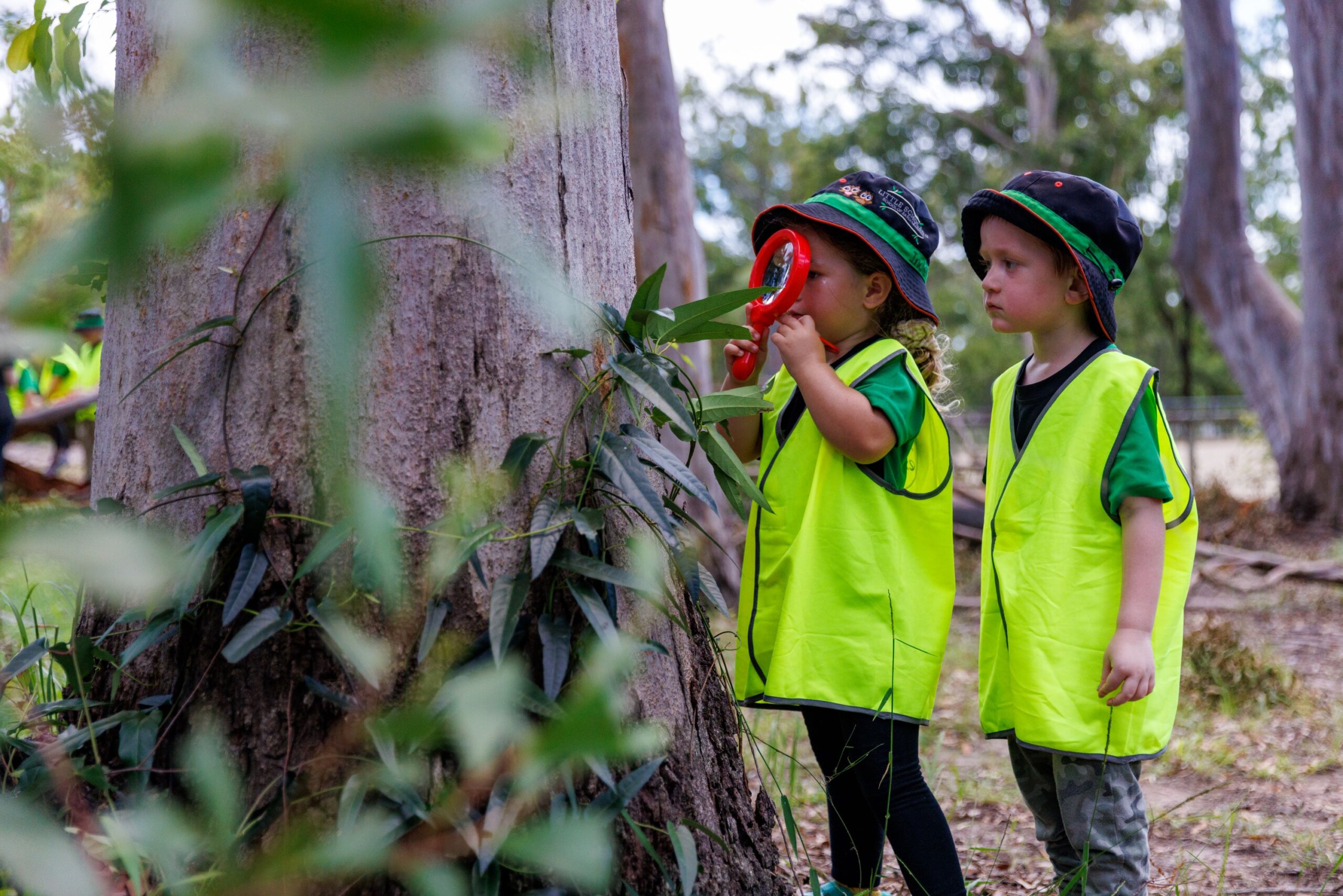Welcoming a new addition to your family is an extraordinary blessing. Along with the joy and love that fills your home, there are practical matters to consider, such as childcare. When you entrust your precious little ones into the hands of capable, nurturing early childhood educators, it’s an investment into their growth, development, and well-being.
Investing in quality childcare is more than just a financial decision; it’s about providing your child with an enriching environment that promotes their cognitive, social, and emotional development. Recognising this important investment, parents often wonder, “Is childcare tax deductible?”. We understand that childcare can be a significant portion of the family budget, which is why many families are interested in learning about the financial aids, tax benefits and deductions associated with childcare in Australia.
So, Is Childcare Tax Deductible in Australia?
The short answer is no, childcare is not tax-deductible in Australia. The Australian Taxation Office (ATO) does not view childcare as a work-related expense. This is because the decision to incur childcare costs does not come directly from the necessities of an individual’s job but from personal circumstances. Even though many parents need to arrange childcare to maintain their employment, the ATO has made it clear that it does not qualify as a deductible expense.
While this might initially seem disheartening, it’s important to remember that there are various financial support options available to families, such as the Child Care Subsidy, to help offset these costs. The Australian Government recognises the importance of accessible, high-quality childcare and offers a range of subsidies and benefits to eligible families.
Understanding Government Assistance with Childcare Costs
Child Care Subsidy
Parenting Payment
The Parenting Payment is an income support payment for parents or guardians to help with the costs of raising children. It is available to single parents with at least one child aged under 8, or partnered parents with at least one child aged under 6. Eligibility criteria also include income and assets tests. To apply, individuals should create a Centrelink account through the Department of Human Services.
Family Tax Benefit
The Family Tax Benefit is a payment to help eligible families with the cost of raising children. It is made up of two parts – Family Tax Benefit Part A, which is paid per child, and Family Tax Benefit Part B, which is paid per family. The eligibility and payment amounts depend on the family’s income, the number of children and their ages, and other factors. Applications can be completed online through myGov by linking to Centrelink.
Tips to Manage Childcare Costs Effectively
- Research all options: Take the time to research all the different childcare providers in your area, including their fee structures and what’s included in the cost. This will give you a clear understanding of the value you’re getting for your money.
- Understand the government assistance available: As we’ve discussed, there are several government subsidies and payments available to families to assist with childcare costs. Make sure you understand each of these and the eligibility criteria to ensure you’re taking full advantage of the assistance available to you.
- Plan your budget: Once you have an idea of the childcare costs and the assistance available, you can factor these into your budget. This will allow you to allocate funds effectively and be prepared for any potential changes in your financial situation.
- Communicate with your early education provider: Open communication with your early education provider can be beneficial. They can provide you with insights and suggestions based on their experience and may be able to offer flexible solutions that can help manage costs.
- Seek financial advice if necessary: If you’re finding it challenging to manage your budget with childcare costs, consider seeking advice from a financial counsellor or advisor. They can provide strategies and tips to manage your finances more effectively.
Remember, investing in your child’s early education is a significant decision, and every dollar spent contributes to their growth and development. By staying informed and planning ahead, you can ensure you’re making the most of your investment.
How Little Scholars Supports Families
At Little Scholars, we understand the financial commitments that come with providing your child with high-quality care and education. We believe that each child deserves the best start in life, regardless of their family’s financial situation, and we work diligently to uphold this principle in all aspects of our work.
If you have any questions regarding our childcare fees or if you’d like to learn more about our campuses, please do not hesitate to reach out to us. We’re more than happy to arrange a tour or discuss the individual needs of your family.



